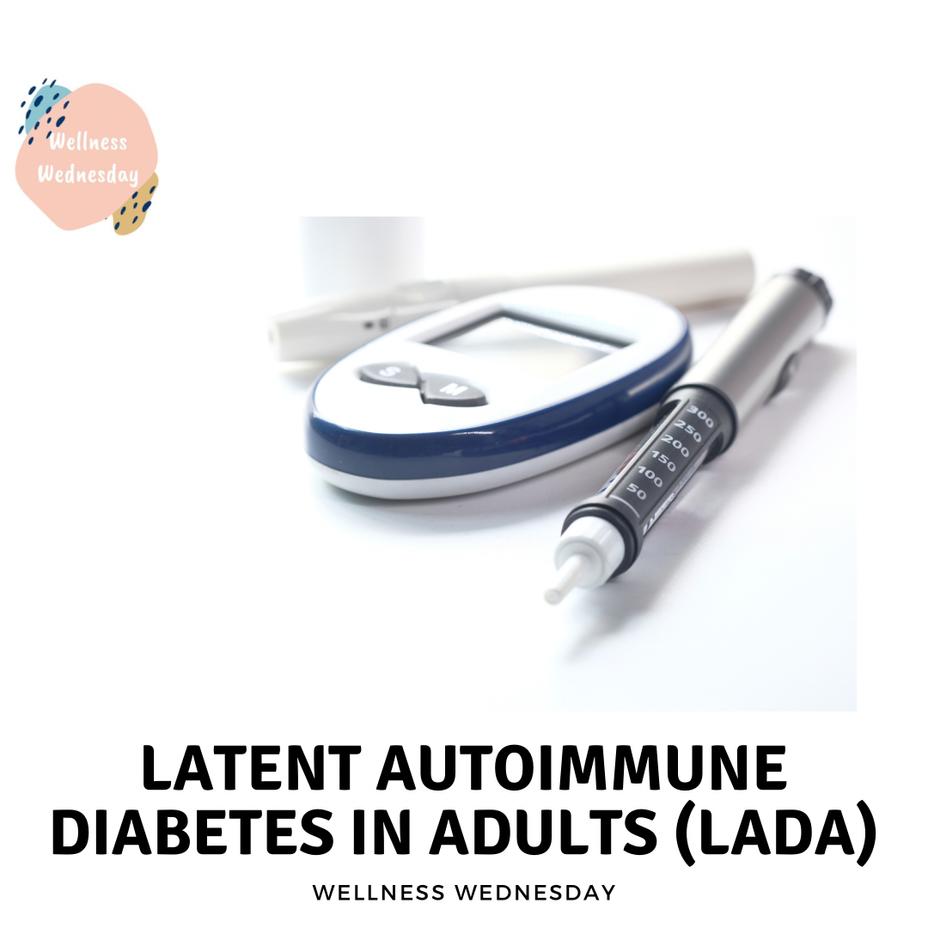Latent autoimmune diabetes in adults (LADA) is known by its unofficial name, type 1.5 diabetes. The body's own immune system attacks and kills the beta cells that produce insulin in the pancreas. However, the process of destroying all beta cells takes longer in people with LADA than it does in people with type 1 diabetes.
As you lose the ability to make insulin, your body is unable to control your blood sugar levels. You may not need treatment for many months or years after diagnosis like those with type 1 diabetes.
LADA usually begins after you turn 30, and doctors sometimes misdiagnose it as type 2 diabetes.
In fact, up to 15% of people who are diagnosed with type 2 diabetes actually have LADA. Being misdiagnosed puts people at risk for diabetic ketoacidosis (DKA) and other long-term complications.
Furthermore, if the person does not know they have autoimmune diabetes, they will not be screened for other autoimmune diseases, such as thyroid or celiac disease, which are more common in people with LADA than those with type 2 diabetes.
LADA symptoms are similar to those of type 1 or 2 diabetes. Usually if you don't get better within a few months of taking oral diabetes medications, your doctor might suspect LADA.
LADA is diagnosed with a blood test. Because LADA is an autoimmune disease, individuals with LADA usually test positive for at least one islet autoantibody (a protein produced by the immune system). Tests can be performed on your blood to check for autoantibodies to GAD, IA-2/ICA512, insulin, and ZnT8. These tests vary in cost depending on your insurance coverage.
LADA is usually managed initially through diet, exercise, weight loss, and taking a typical first-line type 2 diabetes medicine, such as metformin.
As LADA progresses, the pancreas gradually loses the ability to produce insulin. Insulin therapy is necessary, as with type 1 diabetes. It is important to monitor blood glucose levels frequently to determine when insulin therapy should be started.
As soon as oral treatments, exercise, and diet plans fail to control your blood sugar, speak with your healthcare provider about insulin therapy.
Sources: DiaTribe and EnM (Endocrinology and Metabolism)
#Diabetes #DiabetesType2 #DiabetesType1 #ladadiabetes #lada #ChronicIllness #prediabetes #Diagnosis #LateDiagnosis #AutoimmuneDisease





